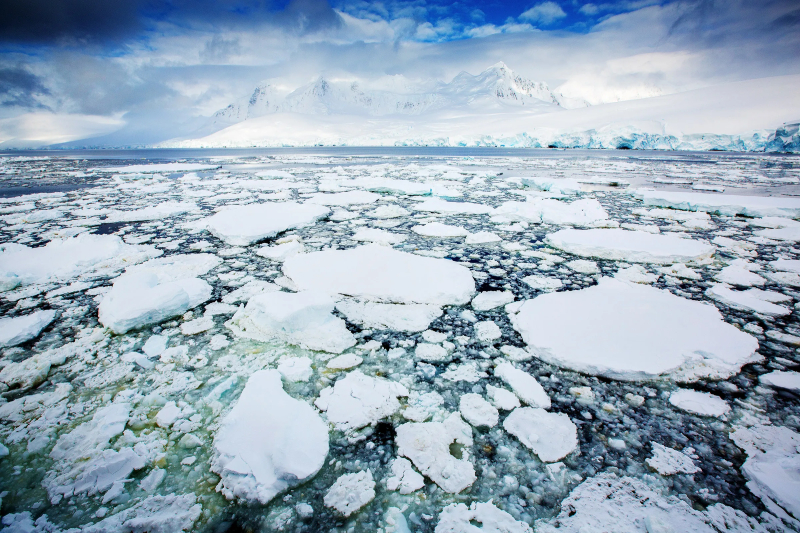The present record low sea ice in winter has startled the Antarctic science community and triggered a race to understand why, according to lead author Dr. Ariaan Purich from Securing Antarctica’s Environmental Future at Monash University.
Dr. Purich added, “Our work suggests that ocean heat from global warming has driven Antarctic sea ice into a new state of lower coverage since 2016 from which it will struggle to recover.
“These new state’s characteristics imply that the basic mechanisms governing Antarctic sea ice have changed. We appear to be witnessing the sea ice decrease that climate models have long projected.
Through its ability to reflect sunlight into space and influence ocean circulation, sea ice is a key factor in controlling the climate of the planet. In addition to acting as a physical barrier to safeguard ice shelves, sea ice also offers home for unusual wildlife, such as emperor penguins, which depend on it for breeding and raising their young.
Antarctic sea-ice extent has remained abnormally low since this summer, when it was at its lowest level ever. Large portions of the sea ice failed to freeze during the winter growth phase. An area the size of Western Australia was devoid of sea ice for the majority of the winter, which was about 2.5 million square kilometers. There is already 1.5 million square kilometers less sea ice than usual as we get closer to the winter maximum.
This new study, according to co-author Dr. Edward Doddridge of the Australian Antarctic Program Partnership at the University of Tasmania, demonstrates how warming oceans are changing the processes that cause sea ice to grow and melt.
Our results show that a lot of what we previously thought to be true about sea ice has changed, according to Dr. Doddridge.
“In the past, every winter would erase the ocean’s memory because there was no obvious connection between the summer minimum and the subsequent winter high. But it seems that this yearly reset has stopped working since 2016.
This suggests that the evolution of sea ice may have reached a new stage in which previously important connections are no longer dominant.
Dr. Purich and Dr. Doddridge stated that the importance of reducing fossil fuel emissions is underscored by severe changes in a seasonal cycle as predictable and important as Antarctic sea ice.
Topics #Antarctic #Antarctica #ICE #Penguin #Sea #Sea Ice










